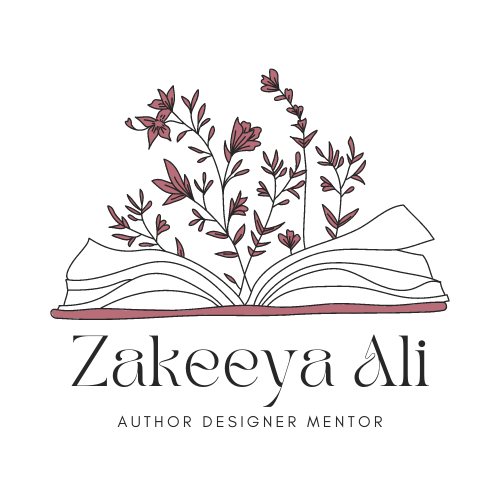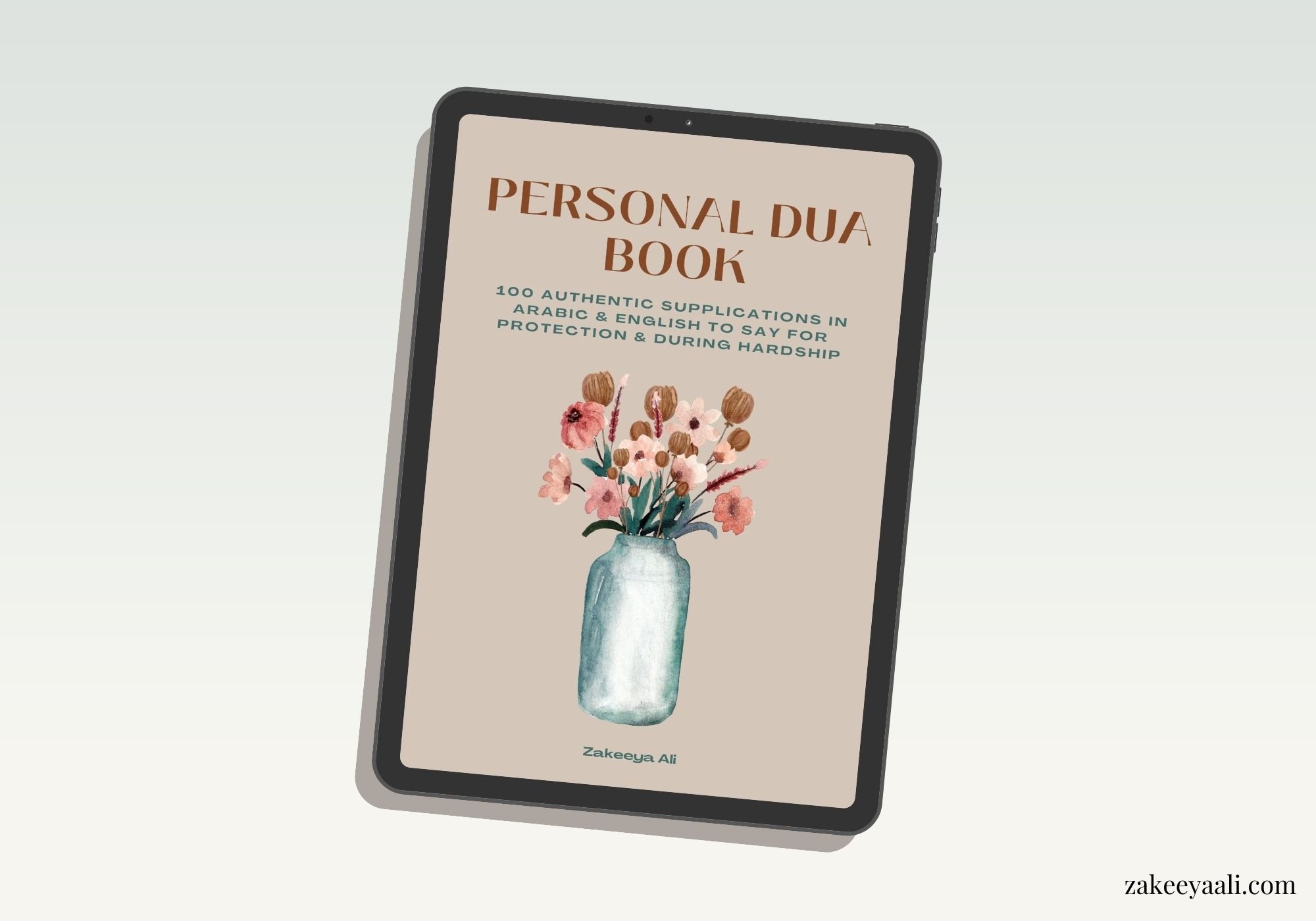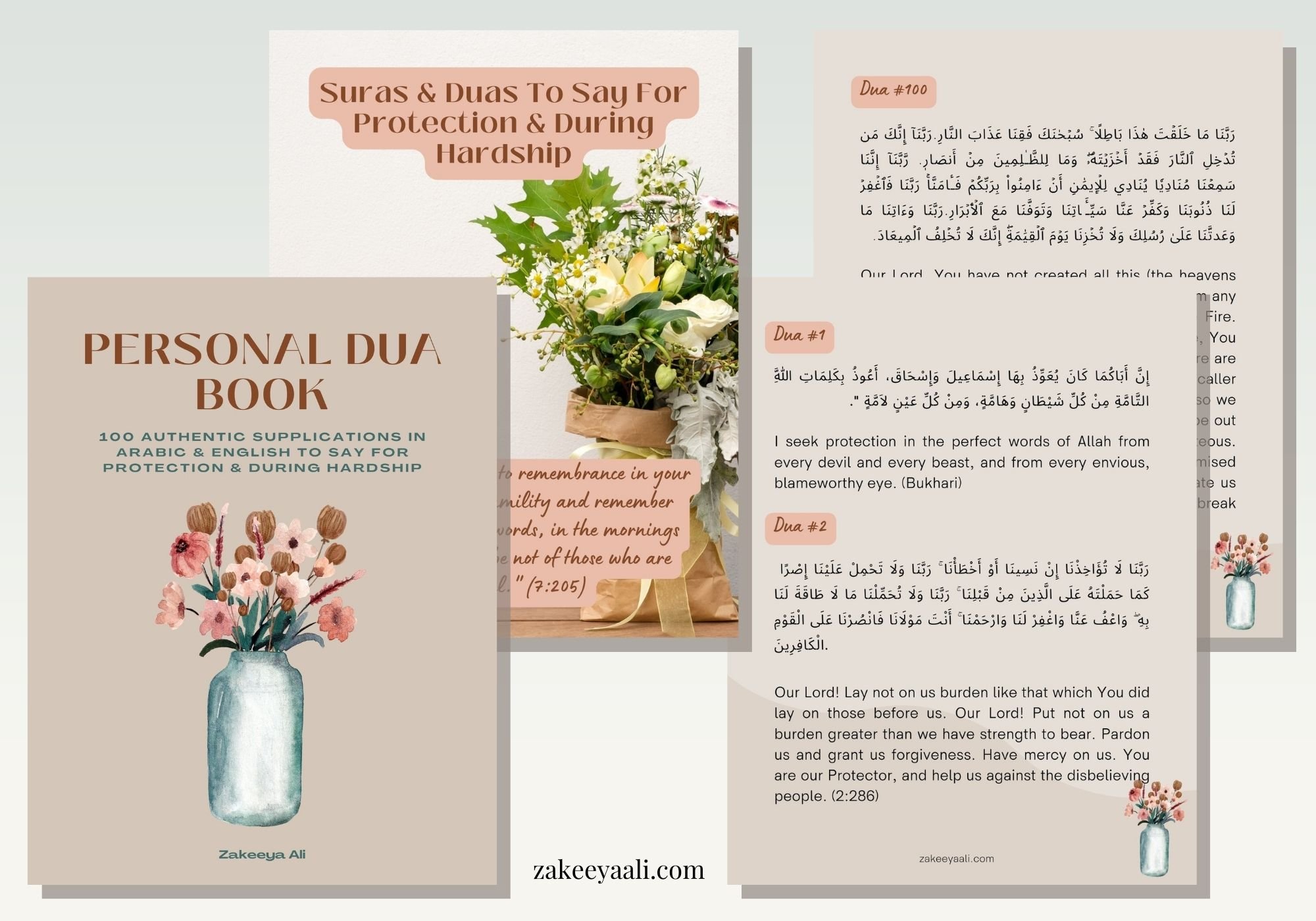We Are All Nurturers (Even When We Don’t Have Kids)
Many of us, as Muslim women, hold dear to our hearts the thought of being mothers. We may achieve many great things within our personal and professional lives, yet the innate desire to nurture, protect, and guide never disappears.
From a young age, many of us envision our future children, planning their names, picturing their features, and imagining the love we will shower upon them. The thought of passing on knowledge, skills, and values to another human being is truly remarkable. However, motherhood is not solely defined by the act of giving birth. Islam teaches us that nurturing, teaching, and caring for others extends beyond biological ties.
The wives of Prophet Muhammad (SAW) were honored with the title "Mothers of the Believers." Among them was Aishah (RA), a woman of immense knowledge, eloquence, and wisdom. Despite being one of the most influential women in Islamic history, she was never a biological mother. Yet, her life serves as an undeniable testament to the fact that motherhood is not confined to bearing children.
Aishah (RA) was a nurturer in every sense. She became one of the greatest scholars of Islam, narrating over 2,000 hadith, and educating generations of Muslims. She played a significant role in shaping the understanding of the Qur'an and Sunnah. Her impact extends far beyond her time, as she continues to be a source of guidance for millions worldwide.
One of her most profound relationships was with her nephew, Abdullah bin Zubair (RA). She loved and cared for him deeply, treating him like her own child. This bond highlights that a woman's ability to nurture is not limited to her own offspring. A motherly figure is one who imparts wisdom, provides comfort, and serves as a pillar of support, regardless of whether she has given birth.
Our circumstances differ—some of us are mothers, some aspire to be, and some may never experience childbirth. Yet, we can all embrace the essence of motherhood by nurturing those around us. Whether it be younger siblings, nieces, nephews, students, or even friends, we have the ability to embody the qualities of a mother in our daily interactions.
5 Ways to Build Motherly Habits:
Teach with Love and Patience
Aishah (RA) was a teacher to the entire ummah. After the Prophet (SAW) passed away, companions sought her knowledge and understanding of Islam. Teaching is a vital role of a mother—whether in Islamic knowledge, academics, or life skills. Imparting beneficial knowledge is a form of sadaqah jariyah (continuous charity). If you have a skill, share it; if you have wisdom, pass it on. Whether it is guiding someone in prayer, teaching a recipe, or mentoring a younger sibling, your impact will be lasting.Listen with Compassion
Children, and even adults, seek someone who genuinely listens to them. A motherly presence is one that provides a safe space for others to express themselves. Even when someone’s worries seem trivial, lending an attentive ear shows love and care. Aishah (RA) was known for her understanding nature; she engaged in meaningful conversations with the Prophet (SAW) and others, demonstrating the importance of active listening.Give Generously
Aishah (RA) was known for her immense generosity. It is reported that she once received 100,000 dirhams and gave it all away in charity. Giving does not always mean financial contributions; it can be in the form of time, effort, and emotional support. Small acts of kindness—giving a thoughtful gift, helping someone in need, or even offering a kind word—can leave a lasting impact.Support and Encourage
Mothers are pillars of strength. They uplift their children, encourage them during hardships, and celebrate their achievements. We can embody this trait by being a source of motivation for those around us. Aishah (RA) supported the Prophet (SAW) and his mission wholeheartedly. We, too, can support our loved ones—whether by comforting a friend, guiding a sibling, or mentoring someone in need.Spread Joy and Positivity
Life is filled with challenges, but a motherly figure brings light even in the darkest moments. Aishah (RA) had a playful and cheerful nature with the Prophet (SAW), showing us the importance of spreading joy. Whether it is through a warm smile, a kind gesture, or uplifting words, being a source of comfort and happiness is a beautiful way to nurture those around us.
Islam celebrates the nurturing nature of women, whether they are mothers biologically or in spirit. The life of Aishah (RA) is a testament to the fact that true motherhood is about love, care, wisdom, and generosity. As women, we have the power to influence and nurture those around us in countless ways, leaving a legacy of goodness that extends beyond our own lives. May Allah grant us the ability to embody the best qualities of a mother and reward us for our nurturing hearts. Ameen.
Salam, I’m Zakeeya!
I believe that making our homes a safe haven for our families, as well as being a wife and mother, brings us great blessings, contentment, and benefits to society as a whole. Since 2011, I've been dedicated to assisting Muslimas in finding tranquility in their roles, taking better care of themselves, and achieving inner peace. Our journey in this world is not an easy one, but I pray the tools and guidance I offer will help you face life's challenges with more gratitude and mindfulness. Join me as I share wifehood, motherhood, homemaking, and lifestyle solutions that make life more fulfilling for you as a woman! Read more about me here.
Do You Need Support as a Sister?
If you are struggling in your life and need professional support for personal development, you can book a one-on-one mentoring session with me to get tailored advice.
Do You Want to Instill Your Daily Dose of Dua?
Order my handy dua ebooks, which are available in an Arabic/English or English only version, and contain 100 authentic duas to say for protection and during hardship.






